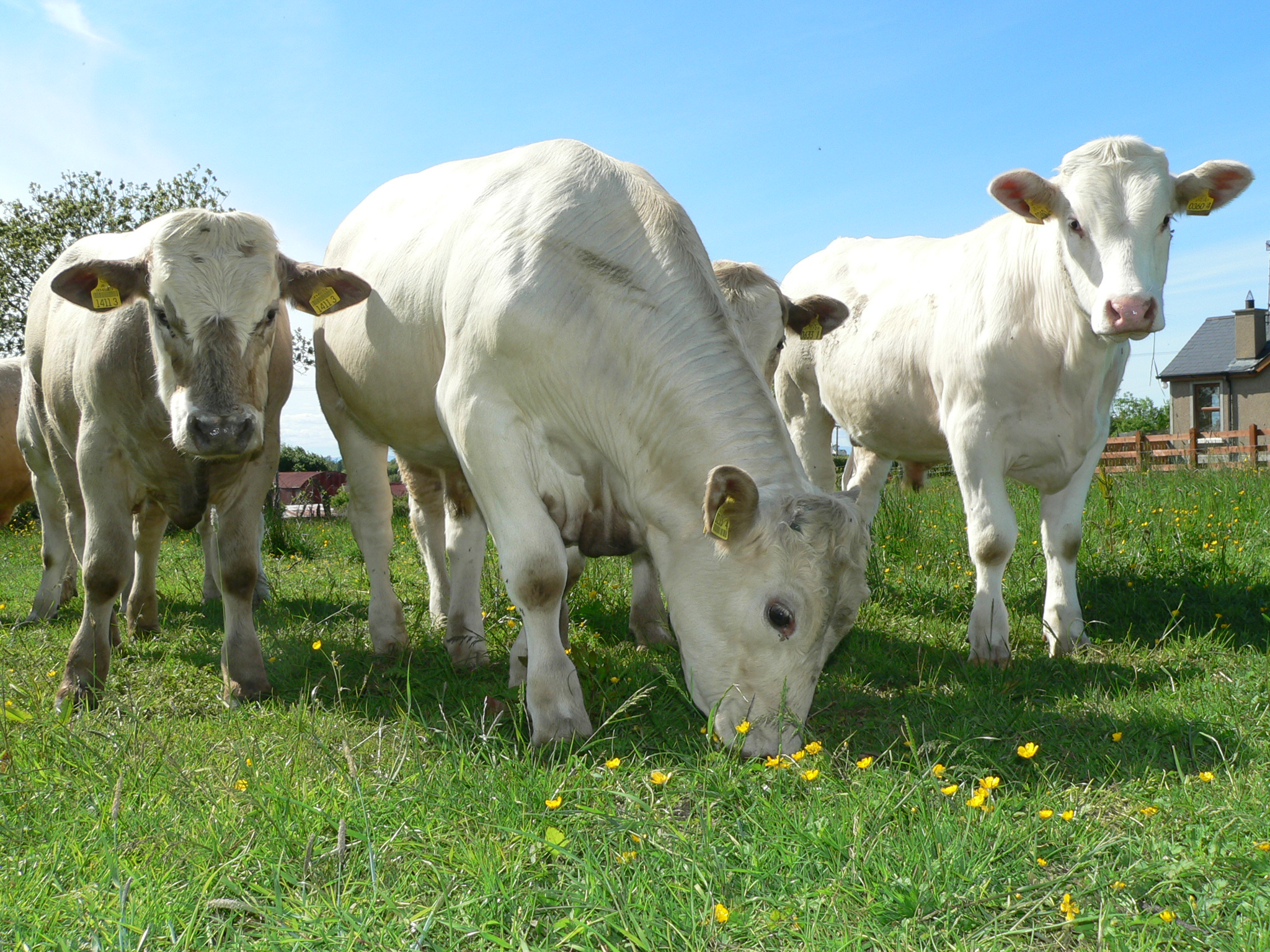
Serene countryside and idyllic rural landscape of green fields, rolling hills and grazing sheep in the Glens of Antrim, Northern Ireland
Parliamentary update by Alexander Kinnear
The Ulster Farmers’ Union (UFU) welcomes the progress on the trade issues outlined in the government’s command paper which was published on 31 January. A significant proportion of the UFU’s time from January 2021, has been spent lobbying to try to navigate a path through the negatives of the NI Protocol as well as promoting the benefits.
Veterinary medicines
A veterinary medicines working group is to be set up to work with the UK government to urgently find a solution in advance of the end of the 2025 grace period. The UFU continues to state that a solution must not jeopardise our access to the EU single market and must resolve the issue for both companion and farmed animals.
Livestock movements GB-NI
In theory, this problem is resolved. However, in practice this is not the case. Animals can return from Great Britian (GB) if not sold within 15 days, provided they are sold at an export assembly centre. The problem being the reluctance of GB marts to become export assembly center approved due to onerous requirements and reluctance from GB farmers. The UFU note that this has been a key issue for the pedigree sector and that the outbreak of bluetongue in GB has further complicated matters.
Green lane
The green lane has been replaced by the UK internal market system.
Plants and trees
An extended range of trees and shrubs will be able to move from GB to Northern Ireland (NI) with more to be added to the list.
GB-NI divergence
Future divergence has always been one of UFU’s major concerns and although more detail is needed, significant progress has been made. Measures put in place include:
- ‘A legal requirement that new legislation is assessed as to whether it impacts on trade between NI and GB and, if so, for ministers to make a statement considering any impacts on the operation of NI’s place in the UK’s internal market.’
- ‘Including a new Internal Market Assessment in the Regulatory Impact Assessment process, as part of an agile regulatory approach to benefit the whole UK. Any Regulatory Impact Assessments would need to account for any adverse effects on trade within all parts of our Union – so as to avoid Whitehall applying unnecessary regulatory burdens on business in any part of the UK.’
- ‘As part of an agile regulatory approach to benefit the whole UK. Any Regulatory Impact Assessments would need to account for any adverse effects on trade within all parts of our Union – so as to avoid Whitehall applying unnecessary regulatory burdens on business in any part of the UK.’
- ‘UK Government ministerial structures to monitor and manage issues arising from the Windsor Framework or future regulatory changes and a specific role for the Office of the Internal Market to monitor impacts for NI arising from future regulatory changes.’
- ‘New UK Government-NI Executive structures to enable early identification and resolution of issues arising from the implementation of arrangements.’
- ‘An Independent Monitoring Panel to provide oversight of the implementation of new arrangements so that Government and other authorities are held to account for delivering it in a pragmatic, proportionate way without gold plating.’
East-West dimensions
A revised process to replace NI’s current automatic dynamic alignment with EU rules is welcome. Clarification is also needed on the extent of the involvement stakeholders here will have in proposed new structures, for example the UK East-West Council.
NI qualifying good
The UFU welcomes the command paper’s stronger commitment to ensuring unfettered market access for NI businesses into GB which must be delivered soon, now that the phased introduction of the UK border operating model has commenced.
Used agricultural machinery (Not within the deal)
Those importing used agricultural machinery from GB-NI and selling into the Republic of Ireland (EU) have experienced significant issues. Measures to be put in place to mitigate these issues include:
- The UK government has stated they will ‘simplify requirements for traders by extending the principle of the Plant Health Exports Audited Trader Scheme (PHEATS) scheme, to used agricultural machinery.
- ‘This will mean that GB businesses who are selling machinery into NI, but want the optionality to sell on into the EU, will be able to carry out inspections of machinery themselves and will then need to confirm to APHA that the machinery meets the relevant requirements. Once this is done, APHA will issue the phytosanitary certificate and machinery can move into Northern Ireland, with no further restrictions on the onward movement of the machinery into the EU.’
- For those importing smaller quantities of machinery and selling into the ROI, UK government ‘will seek to accelerate the process of APHA inspections, reducing the maximum time for an inspection from seven days to two days.’
Organic eggs (Not within the deal)
The UFU await official confirmation from DEFRA that a 12-month extension will be granted to allow NI organic egg producers to be able to continue with the same feed composition for hens the same as producers in GB.
Next steps
However, this is not the end of the story regarding Brexit. Although the government has stated they are going to implement the framework ‘in a pragmatic and sensible way’ with ‘no gold plating’, the UFU will continue to raise post Brexit issues which remain unresolved through our lobbying at Stormont, Westminster, and Brussels. The UFU still maintain our call for the next UK government to opt for a Sanitary and phytosanitary/veterinary agreement between the entire UK and EU.




